1. Maintains a Balanced Ecosystem
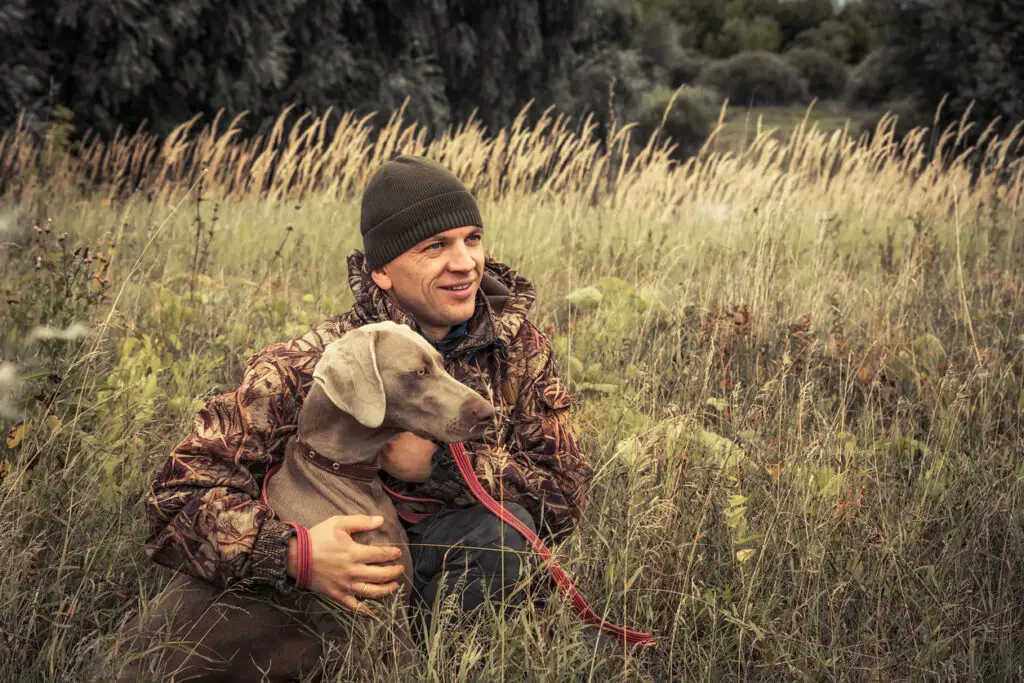
When certain animal populations grow too large, they can cause significant damage to their environment. Overgrazing, for example, can lead to the destruction of plant life, which affects all other species in the area. By regulating hunting, we can keep these populations in check, ensuring that they don’t overtake their habitat. According to the Society for Conservation Biology, a well-managed hunting season ensures that there is just enough wildlife to maintain a healthy, thriving ecosystem. Without hunting, the balance could tip, resulting in overpopulation, which harms both the animals and the environment.
Additionally, hunting allows for a more diverse range of species to thrive. By reducing the number of a dominant species, such as deer, other species that have been struggling to survive get more access to resources like food and shelter. This not only creates a more balanced environment but also supports biodiversity, which is key to ecosystem health. The act of hunting, when done sustainably, helps maintain that balance, which ultimately benefits every species in the ecosystem.
2. Reduces Disease Spread

A research by the World Health Organization shows that overcrowding in animal populations can lead to the rapid spread of diseases, and without control, outbreaks can decimate entire species. Diseases like Chronic Wasting Disease (CWD) and bovine tuberculosis spread much faster when populations are too dense, making them harder to control. By regulating hunting, wildlife managers can reduce the number of infected individuals, preventing disease from wiping out entire groups of animals. It’s a proactive way to keep populations healthy and reduce the risk of outbreaks that could impact both animals and humans.
On the flip side, a well-managed hunting season can also help maintain the overall health of the species. Healthy, less crowded populations are less likely to experience major disease outbreaks. The removal of sick or weak individuals can significantly improve the overall health of a species, ensuring the survival of the fittest. It’s not just about reducing numbers; it’s about creating a healthier, more sustainable environment for all wildlife.
3. Encourages Biodiversity
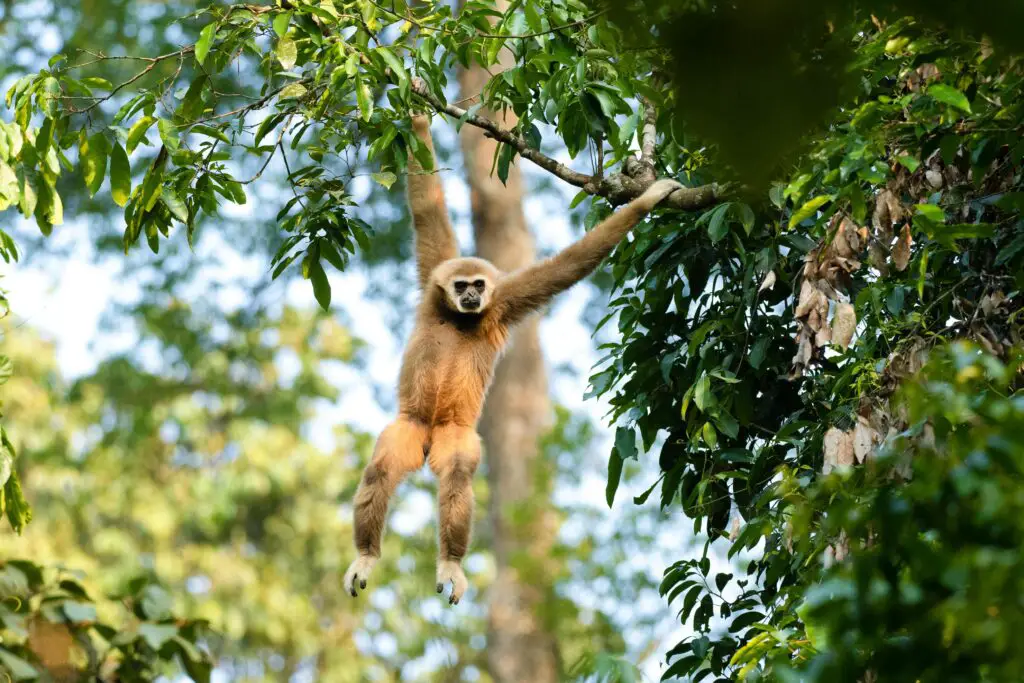
Biodiversity is the backbone of a healthy ecosystem, and when one species becomes too dominant, it can stifle others. Overpopulation of a single species, such as deer or moose, can outcompete smaller animals for resources, leaving them with little to survive on. Hunting helps to manage these populations, giving other species the opportunity to thrive. It’s a way to prevent one species from overwhelming the ecosystem and pushing others to the brink of extinction.
When hunting helps keep populations in check, the habitat becomes more available for other species to flourish. For example, by reducing the number of deer, more plants and vegetation can grow, which in turn supports other wildlife like insects, birds, and smaller mammals. A balanced population allows for more varied wildlife to thrive, creating a rich and diverse environment. This, in turn, helps maintain the overall health of the ecosystem.
4. Prevents Habitat Destruction
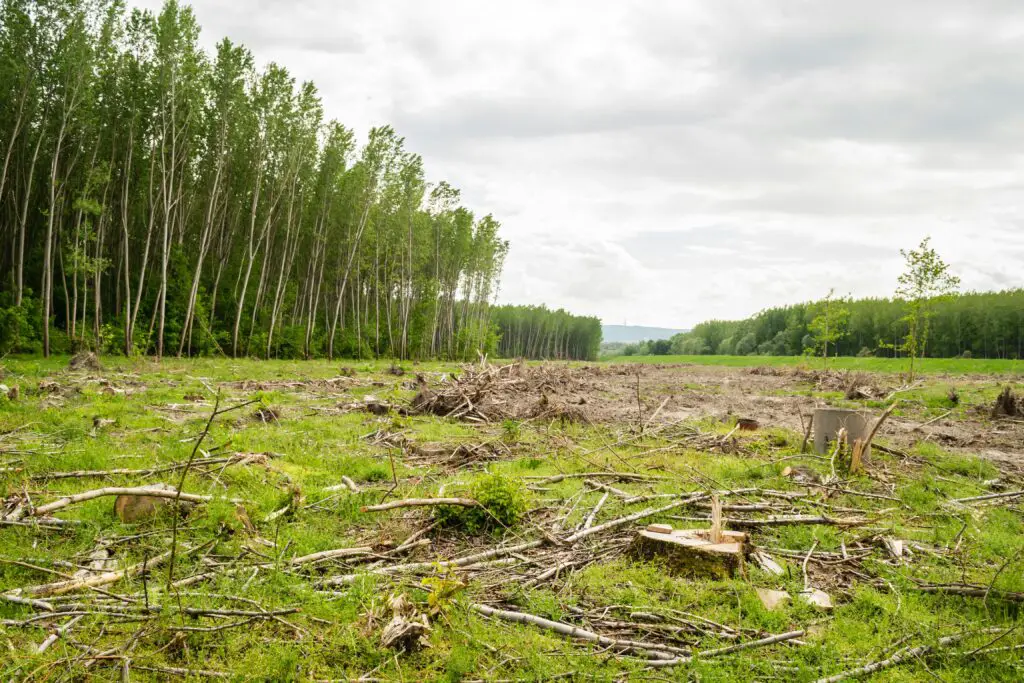
When animal populations grow unchecked, they often overgraze or overconsume the plants in their habitats. This can lead to habitat destruction, which harms not just the animals themselves but also other species that depend on those plants. Through responsible hunting, wildlife managers can reduce overgrazing and give the land a chance to recover. It’s like pressing the reset button on a damaged habitat, allowing plants and trees to regrow and providing food and shelter for other species.
In addition, preventing overgrazing helps maintain soil health, which is crucial for sustaining plant life. If too many animals trample the land, it can lead to soil erosion and degraded ecosystems. By hunting in a controlled way, we can stop these harmful effects, ensuring that habitats remain healthy and productive. The result is an environment that can support a wide variety of species, both large and small.
5. Funds Conservation Efforts
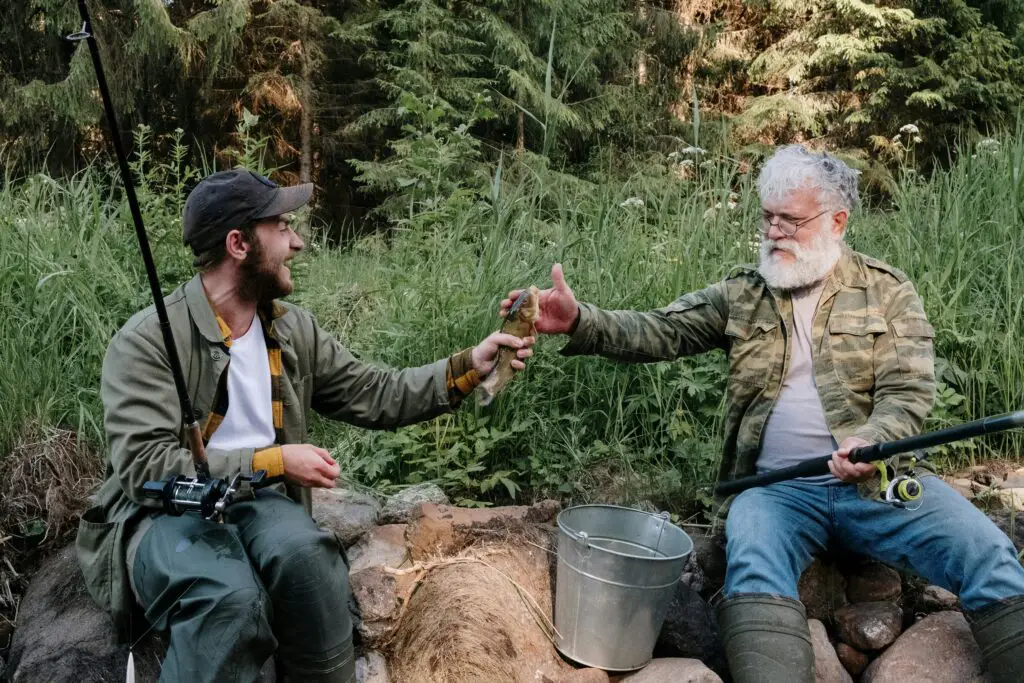
You might not know it, but hunting season is a major source of funding for wildlife conservation programs. Money from hunting licenses, taxes on hunting equipment, and other fees directly contribute to preserving habitats, managing wildlife populations, and supporting conservation programs. These funds help support everything from anti-poaching efforts to habitat restoration. Without hunting, many of these important conservation initiatives would lack the necessary resources to succeed.
Hunters play a vital role in the preservation of wildlife, contributing to efforts that protect endangered species and restore ecosystems. Through their financial contributions, they help ensure that these programs continue to thrive. So, while hunting might seem like it’s just about taking, it’s actually also about giving back to the land. These contributions are essential for maintaining a healthy, sustainable environment for all species.
6. Helps Control Invasive Species
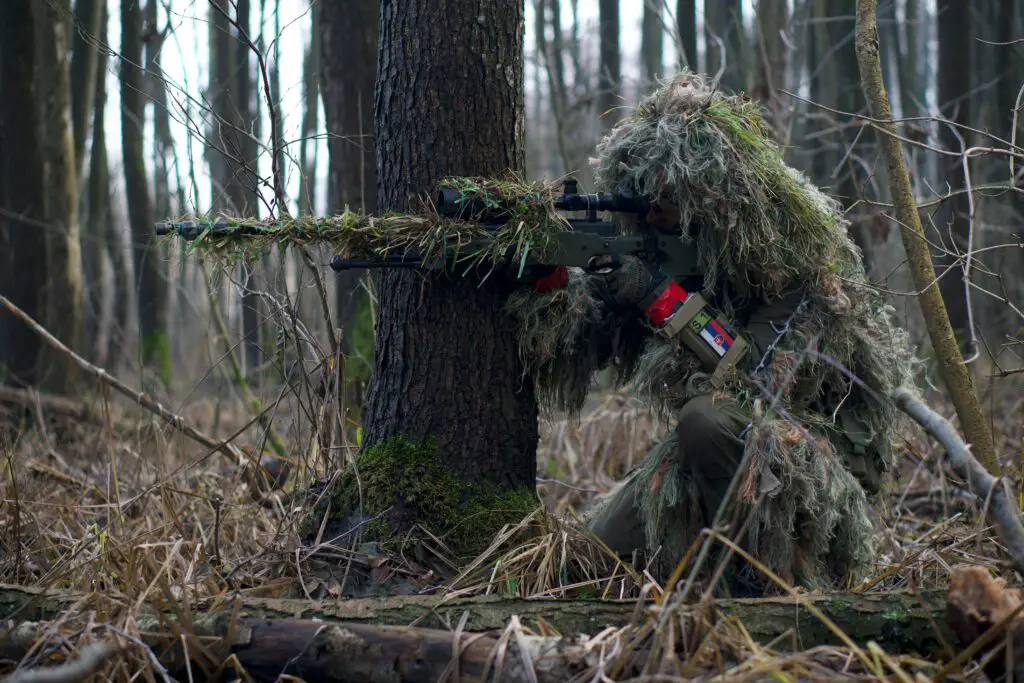
Invasive species can wreak havoc on local ecosystems, outcompeting native species for food and resources. Hunting is a powerful tool for managing these invasive populations. For example, species like wild boars or non-native predators can be kept in check through regulated hunting, allowing native species to thrive. Without hunting, invasive species could dominate the ecosystem, threatening biodiversity and the health of the environment.
Controlling invasive species also helps preserve native plants and animals, which rely on the balance of the ecosystem to survive. By hunting these invaders, we can prevent them from becoming too dominant and affecting the entire food chain. It’s a crucial part of maintaining the health of the habitat and ensuring that native species continue to thrive. In this way, hunting helps protect the delicate balance of the ecosystem.
7. Boosts Local Economies
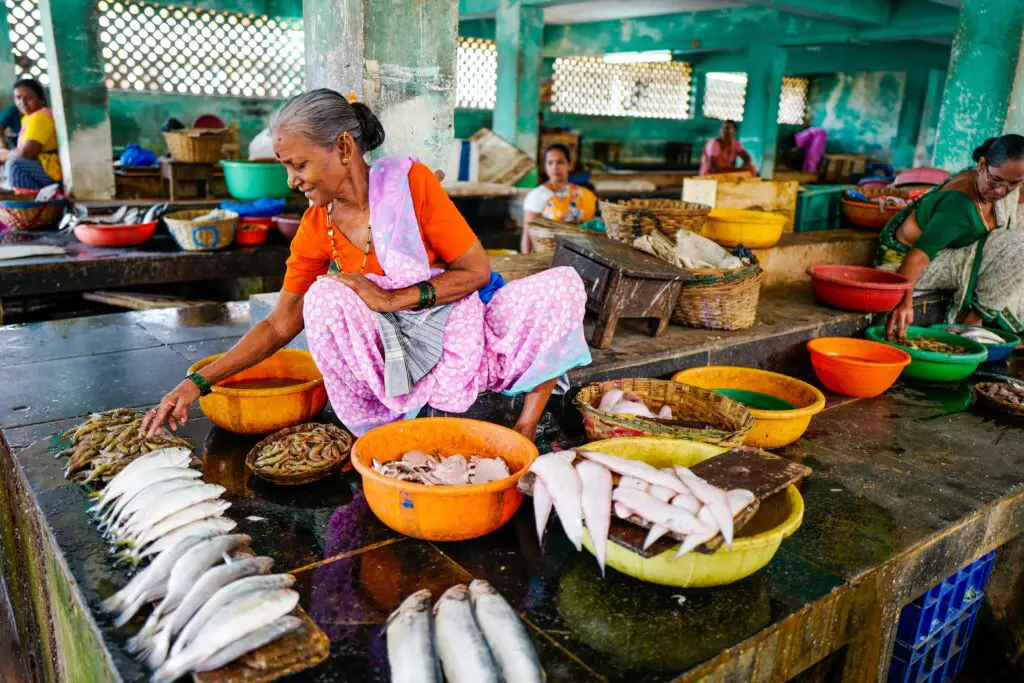
Hunting season isn’t just beneficial for wildlife—it can also provide a significant economic boost to local communities. Hunters spend money on licenses, equipment, and often accommodations, which helps support local businesses such as hotels, guides, and restaurants. For many rural areas, hunting is an important industry that drives income and job creation. This boost is vital, especially for regions that rely on tourism and outdoor activities to sustain their economies.
Additionally, the revenue generated from hunting helps fund local wildlife management programs and conservation efforts. It’s a way to ensure that the money spent on hunting goes directly back into preserving the environment and maintaining healthy animal populations. This creates a cycle where both the wildlife and the community benefit. It’s a win-win situation for everyone involved, from hunters to local businesses to conservationists.
8. Prevents Overpopulation of Predators
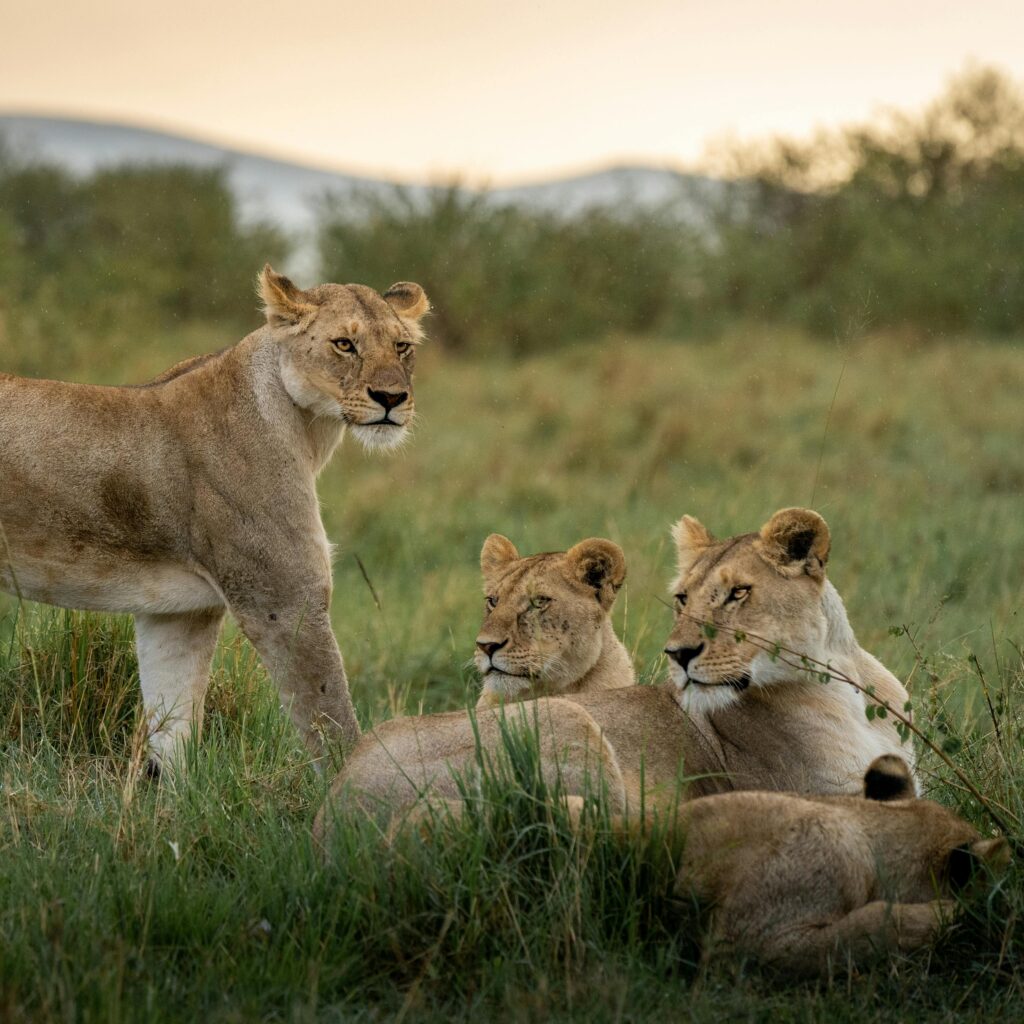
Predators play an essential role in controlling prey populations, but when prey numbers get too high, predators can suffer as well. With an overabundance of food, predator populations can increase, leading to an imbalance in the ecosystem. By controlling prey populations through hunting, we also help maintain the health of predator populations. This ensures that both predator and prey can live in balance, preventing one group from overwhelming the other.
Healthy predator populations help maintain a balanced ecosystem by keeping prey species in check. Without hunting, predator populations could grow uncontrollably, leading to an overabundance of predators and a depletion of resources. By managing both predator and prey numbers, hunting helps maintain a sustainable and balanced food chain. This results in a healthier, more resilient ecosystem for all species involved.
9. Improves Animal Genetics

Hunting can actually improve the genetic health of animal populations. When too many animals in a population are related, inbreeding can occur, leading to weaker genetic traits and a decline in the overall health of the species. By removing older or weaker individuals, hunting allows for stronger, genetically diverse animals to thrive and reproduce. This natural selection process ensures that only the fittest animals pass on their genes, improving the overall strength and adaptability of the population.
Improving genetic diversity helps populations adapt to changing environments and better resist diseases. A diverse gene pool makes species more resilient and able to cope with environmental challenges. By selectively hunting individuals that might not contribute to the gene pool, we help strengthen the entire population. This ensures that animals are better equipped to survive and thrive in the long term.
10. Encourages Responsible Wildlife Management
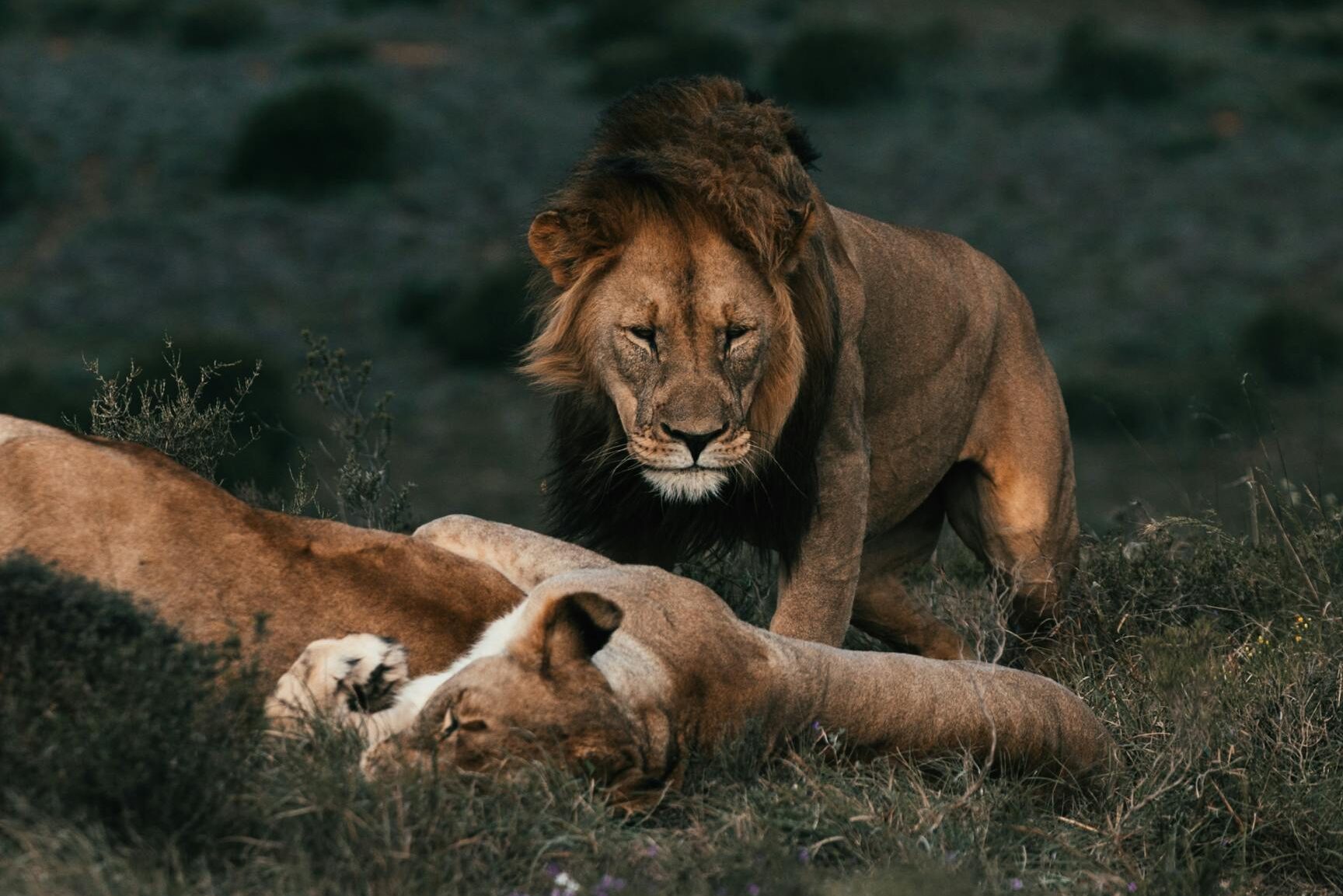
Responsible hunting encourages a more sustainable and balanced approach to wildlife management. Many hunters are deeply invested in preserving wildlife and ensuring that populations remain healthy. They often participate in conservation efforts, habitat restoration projects, and wildlife monitoring programs. By taking an active role in wildlife management, hunters help create long-term solutions for animal populations and their habitats.
Hunters are also often some of the most vocal advocates for sustainable practices. They understand the importance of maintaining balanced populations and are usually the first to support regulations that ensure the health of the ecosystem. Their involvement in wildlife management helps create a culture of responsibility, where people are encouraged to take care of the land and its inhabitants. Through their efforts, hunters play a crucial role in maintaining the health of the environment.
11. Enhances Animal Health
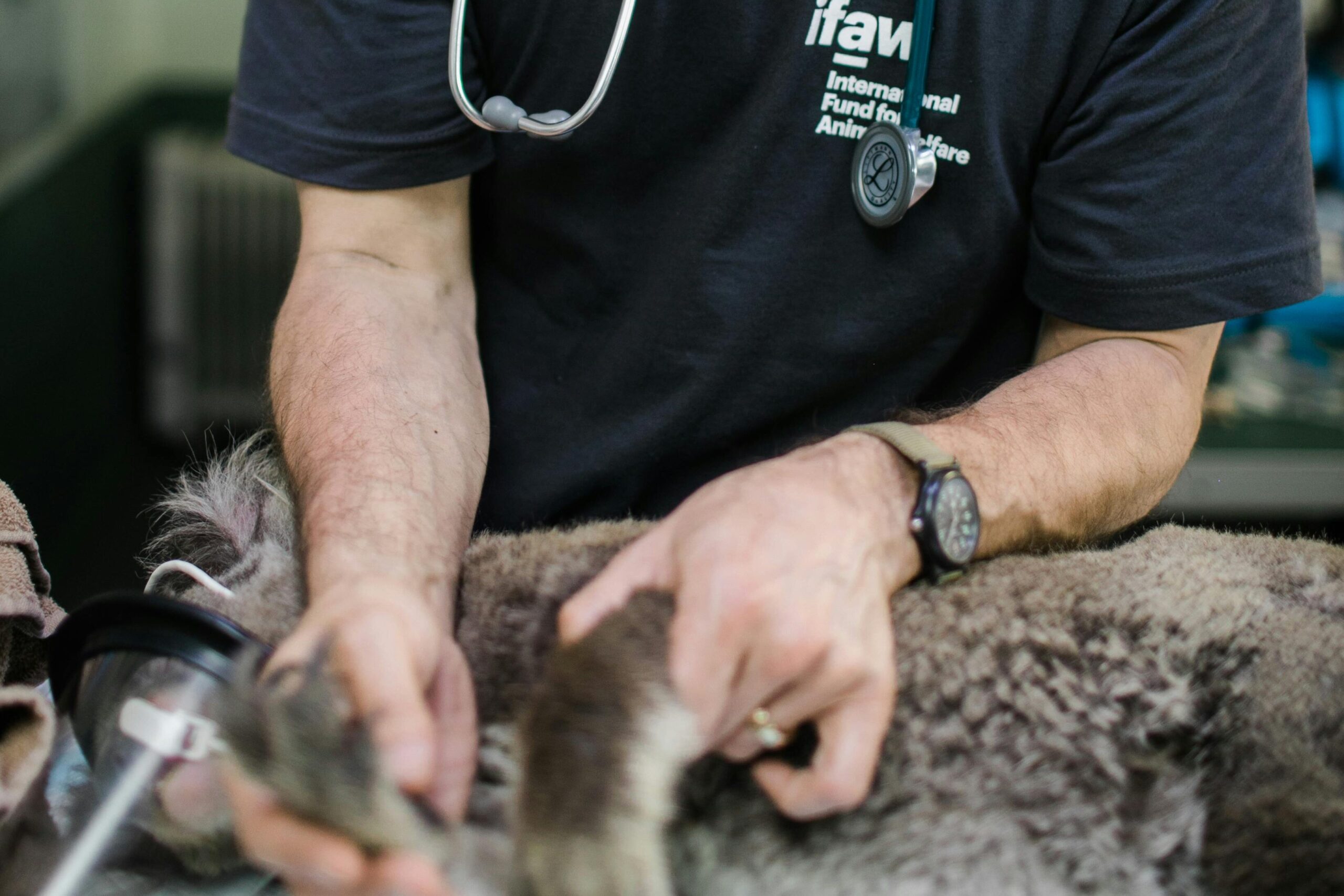
Hunting helps improve the overall health of animal populations by removing sick, injured, or weak individuals from the gene pool. When animals are left to suffer from disease or injury, they can use up valuable resources and spread illnesses to others. By removing these individuals, hunting allows for healthier animals to survive and reproduce, strengthening the population as a whole. This natural culling process ensures that the species remains strong and resilient.
A healthier animal population is less prone to disease and more capable of adapting to changes in the environment. By reducing the number of sick or injured animals, hunting helps maintain the health of the entire ecosystem. It also ensures that there are enough resources available for the remaining animals, which helps them thrive. This contributes to the long-term success and survival of the species.
12. Supports Cultural and Traditional Practices

For many communities, hunting is not just about survival—it’s a deeply rooted cultural tradition. Hunting connects people to the land, their ancestors, and the natural world around them. These cultural practices foster a deep respect for wildlife and the environment, ensuring that the tradition of hunting remains sustainable. By respecting the natural balance and engaging in responsible hunting, these communities ensure that future generations can continue this practice.
Traditional hunting practices often involve sustainable techniques and a strong commitment to conservation. These practices emphasize respect for the animals and the land, ensuring that the resources are available for generations to come. For many, hunting is not just a means of providing food but also a way to maintain cultural identity. By supporting responsible hunting practices, we preserve both the cultural heritage and the natural world that sustains it.


